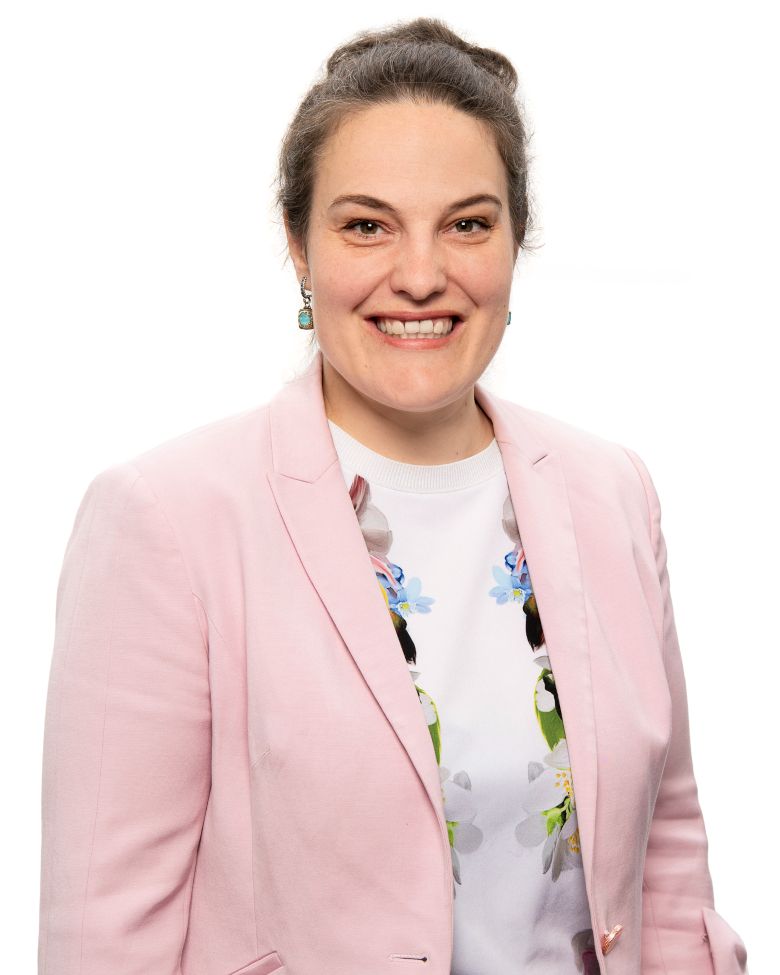Changing Role of Medical Affairs
Video interview with Tanja Bosshard Becker and Clifford Hall
Medical Affairs needs to step up, provide true value by addressing real unmet needs and start taking strategic decisions. It needs to go beyond medical competence & solid research.
Medical should become the driving force in a company to deliver value, communicate it in evidence-based actions and build trust.
Interview: Changing Role of Medical Affairs
Why does Medical Affairs need to change?
(Clifford) That is an interesting question. The industry is responding to an increased focus on value and outcomes across all stakeholders. At the same time, there are new and changing rules governing interactions and collaboration with these stakeholders. These changes demand interactions that are evidence-based and that build trust.
Knowledgeable, competent Medical Affairs teams are needed to lead these interactions.
(Tanja) The need for Medical Affairs to step up has actually been around for a while. Focusing on short-term financial gain during the time of blockbusters has erroded trust in the industry. But in practice it is still occurring more frequently than it should, so it's no wonder that scrutiny and regulation is ever increasing.
It's not a choice anymore: industry needs to focus on providing true value by addressing real unmet medical needs, and of course delivering solid evidence for that value provided. And it's Medical Affairs who's best equipped to lead this shift.
Why are many companies struggling with this change?
(Tanja) Often, commercial teams still own strategy and decisions. Yet, their role needs to change to that of a coordinator. At the same time, Medical has to step up. As trusted experts, they should become an equal partner in strategy development and decision-making, driving patient and medical focus.
They need to strengthen evidence-generation and sharing. This means change to culture, processes and organization, and often there is a need to build respect for Medical Affairs capabilities.
It's a fundamental change, which is never quick or easy. A McKinsey survey has found that around 70% of change efforts do not achieve target.
(Clifford) Change is not always easy, and the change to a new Medical Affairs model is no exception.
If for example, you look at the competencies, career paths and incentives in the past, versus what is needed today, the gaps come into focus. Today, Medical Affairs professionals must not only be medically competent and able researchers who act as guardians of medical accuracy and product safety, but must now also be even more engaging as outward-focused educators, collaborators and facilitators of scientific exchange.
What is needed to make the shift?
(Clifford) A transformation is needed that takes Medical Affairs beyond traditional research and internal administration to a position where Medical Affairs takes on the role of therapeutic area leadership in a company. Different companies are at different stages on that journey.
It is not something that will happen spontaneously, or overnight, and needs to be carefully assessed, planned and executed.
(Tanja) Transformation that fundamental is only possible with buy-in from all internal parties: Management and employees. It needs a holistic approach, but it remains a must.
Medical should become the driving force behind a pharma company's efforts to deliver value, to communicate it in evidence-based interactions, and - hopefully - build trust.










